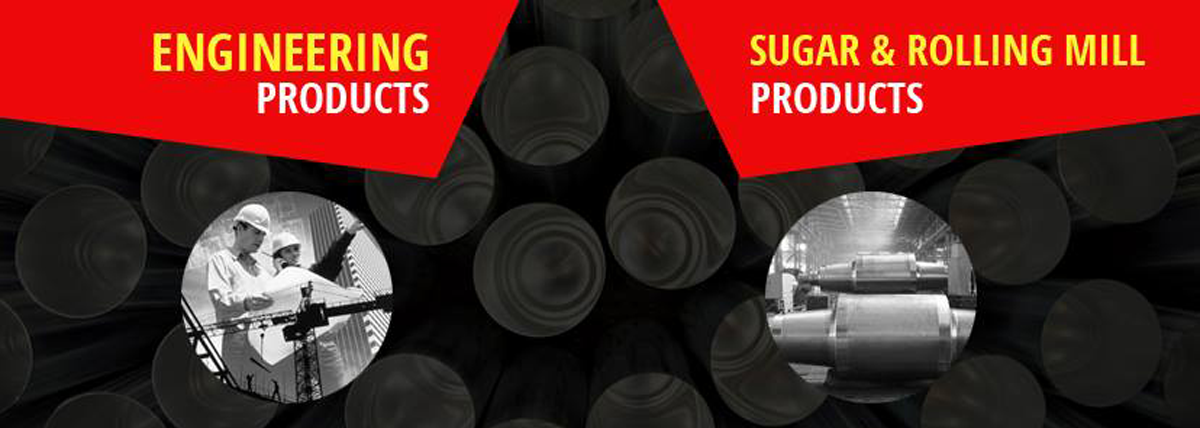Stainless steel pipes are critical components in industries ranging from petrochemicals to construction due to their durability, corrosion resistance, and versatility. With several standards available, such as ASTM 312, ASTM 213, ASTM A249, and others, the choice of the right pipe specification is essential for ensuring efficiency and safety in any application. Let’s dive into the characteristics, applications, and benefits of stainless steel pipes and explore how Yash Impex meets industry demands.
Key Stainless Steel Pipe Standards and Their Applications
ASTM 312 Stainless Steel Pipes
ASTM 312 pipes are commonly used for high-temperature and high-pressure applications in industries such as oil refineries, chemical processing, and power plants. They are designed to withstand extreme conditions, offering excellent resistance to oxidation and corrosion. These pipes are available in various grades, including the popular 304 and 316, known for their heat and chemical resistance.
ASTM 213 Stainless Steel Pipes
ASTM 213 stainless steel pipes are typically employed in heat exchangers and superheaters, where seamless, high-temperature performance is crucial. These pipes are favored in industries such as aerospace and automotive for their excellent strength and durability at high temperatures.
ASTM A249 and A269 Stainless Steel Pipes
ASTM A249 pipes are often used in welded configurations for boilers and heat exchangers due to their high heat tolerance. On the other hand, ASTM A269 pipes are preferred for general applications that require precision and seamless finishes, such as fluid transportation in the pharmaceutical and food processing industries. Both standards ensure that the pipes have the requisite corrosion resistance and mechanical strength.
ASTM 270 Stainless Steel Pipes
The ASTM 270 pipes are used primarily in the food, beverage, and pharmaceutical industries due to their polished, hygienic finishes. These pipes are ideal for applications where maintaining sanitation and cleanliness is paramount.
Why Choose Stainless Steel?
Stainless steel is an alloy that offers a range of advantages, making it a material of choice for many industrial applications. It is not only corrosion-resistant but also easy to maintain and offers high strength. These properties make it ideal for industries that demand durable, hygienic, and reliable materials. Moreover, stainless steel’s ability to withstand extreme conditions, such as high temperatures and aggressive chemicals, further enhances its appeal.
Benefits of Stainless Steel Pipes:
- Corrosion Resistance: The addition of chromium in stainless steel forms a passive layer on the pipe surface, protecting it from rust and corrosion.
- Heat Resistance: Many stainless steel grades can handle high temperatures without losing their mechanical integrity, which is essential for heat exchangers and boilers.
- Hygienic Properties: Especially with pipes like ASTM 270, stainless steel is favored in industries that require high levels of cleanliness, such as food processing and pharmaceuticals.
- Durability: With proper maintenance, stainless steel pipes can last for decades, offering excellent value for money.
Why Yash Impex?
Yash Impex is a leader in providing stainless steel pipes manufactured to the highest standards, including ASTM 312, ASTM 213, ASTM A249, ASTM A269, ASTM 270, and ASTM 358 Tp 304. With a focus on quality and precision, Yash Impex ensures that every pipe meets the stringent requirements of various industries. As a trusted supplier and manufacturer, Yash Impex delivers reliable products that excel in performance, safety, and durability.
Looking for high-quality stainless steel pipes that meet ASTM standards? Whether you need ASTM 312, ASTM A269, or any other specification, Yash Impex is your go-to supplier for premium products. Contact Yash Impex today to ensure that your project gets the reliable and durable materials it needs. Trust in our expertise to help your business thrive!

